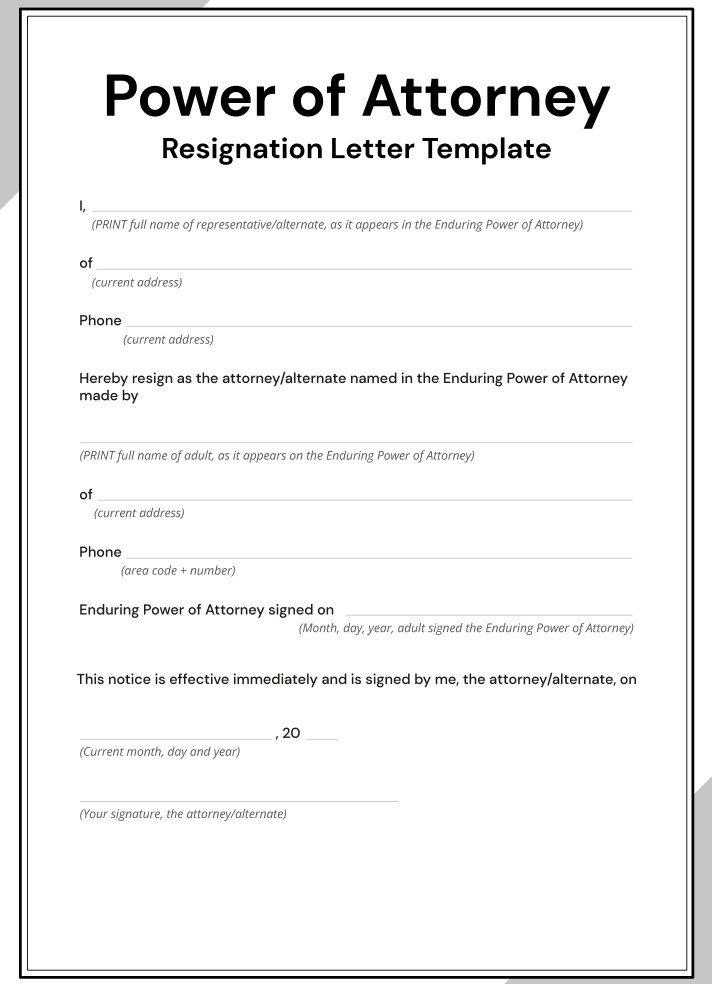
Managing cross-border transactions often involves complex legal and logistical challenges. One critical tool to navigate these hurdles is a power of attorney (POA), a document that authorizes an individual to act on behalf of another in specific legal or financial matters. Adapting POA templates for cross-border scenarios requires careful customization to ensure they meet jurisdictional requirements and maintain validity.
Understanding Legal Jurisdictions
The foremost step in adapting a power of attorney for international use is understanding the legal frameworks of the involved jurisdictions. Each country or state may have unique requirements regarding the language, format, and scope of authority. For instance, some jurisdictions mandate notarization or legalization of the document, while others may require an apostille under the Hague Convention. Consulting with legal professionals familiar with the laws of both jurisdictions ensures compliance and reduces the risk of disputes. Easily create your California power of attorney – Protect your future today!
Incorporating Multilingual Provisions
Language barriers are a common issue in cross-border transactions. To address this, ensure the POA is either drafted in or translated into the official language of the foreign jurisdiction. Multilingual provisions, wherein the document includes multiple translations alongside the original, can further streamline processes. However, certified translations should be used to prevent discrepancies that could lead to misunderstandings or rejection by local authorities.
Tailoring Authority Scope
Clearly defining the scope of authority in the POA is essential, particularly in international contexts. Cross-border transactions often involve financial dealings, property transfers, or business operations. The template must specify the exact powers being granted to the agent, as vague or overly broad clauses can result in complications. Furthermore, the document should address any limitations or conditions related to the execution of powers in the foreign jurisdiction, ensuring clarity and enforceability.
Accounting for Tax and Legal Implications
Cross-border transactions are often subject to varying tax laws, banking regulations, and other legal requirements. A well-adapted POA must consider these implications to avoid unintentional violations. For example, granting authority to handle international financial accounts may require compliance with anti-money laundering laws. Including explicit clauses in the POA to address such considerations can mitigate risks.
Ensuring Validation and Recognition
To ensure the POA is recognized internationally, it is often necessary to validate it through consular or embassy channels. Additional steps like notarization, legalization, or obtaining an apostille should be completed based on the destination country’s requirements. Some jurisdictions may also require the agent to register the POA locally before exercising any powers.
Conclusion
Adapting power of attorney templates for cross-border transactions requires meticulous attention to legal details, jurisdictional standards, and language barriers. By tailoring the document to address these factors, individuals can ensure smooth and legally compliant international operations. Properly customized POAs serve as invaluable tools in bridging legal gaps and facilitating effective cross-border representation.
Author Bio:-
Carl writes often about legal drafting, rental lease agreements, power of attorney form sand help the people in such needs.







